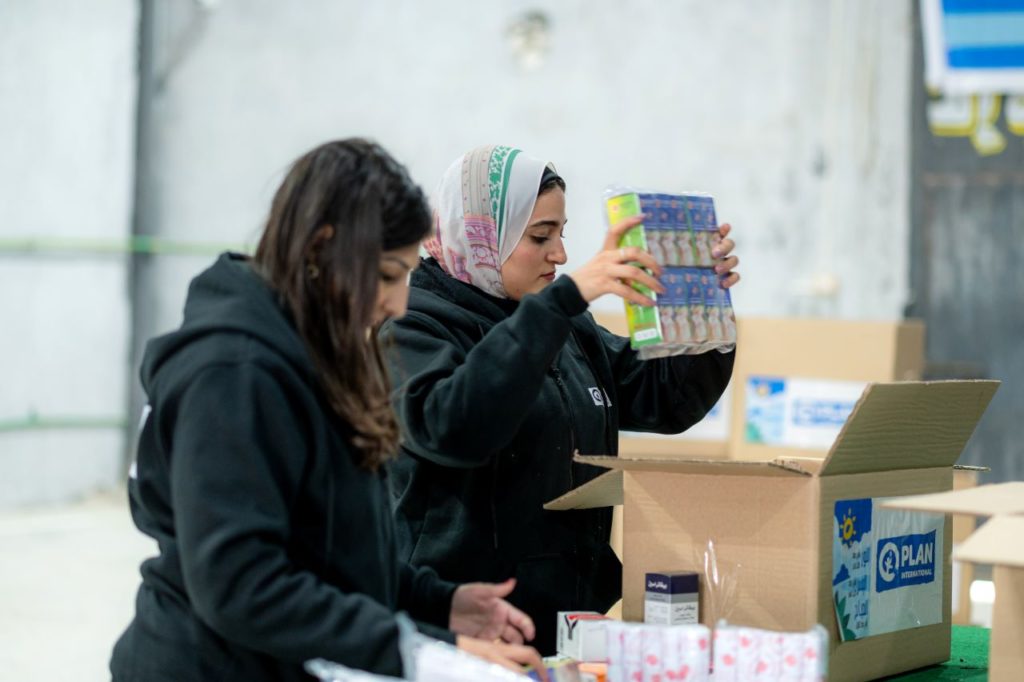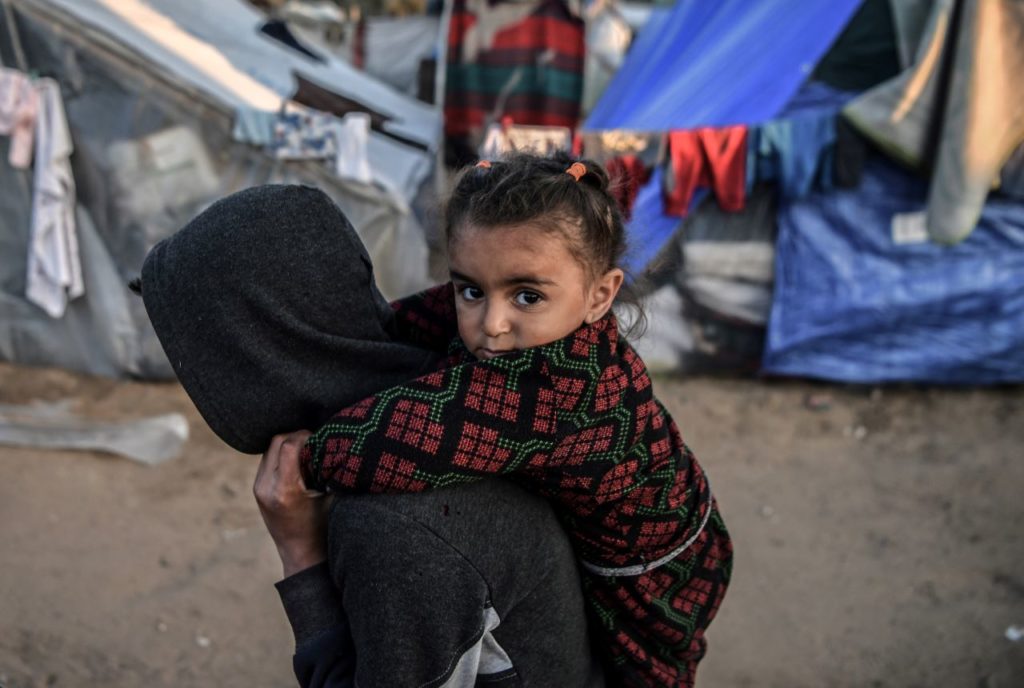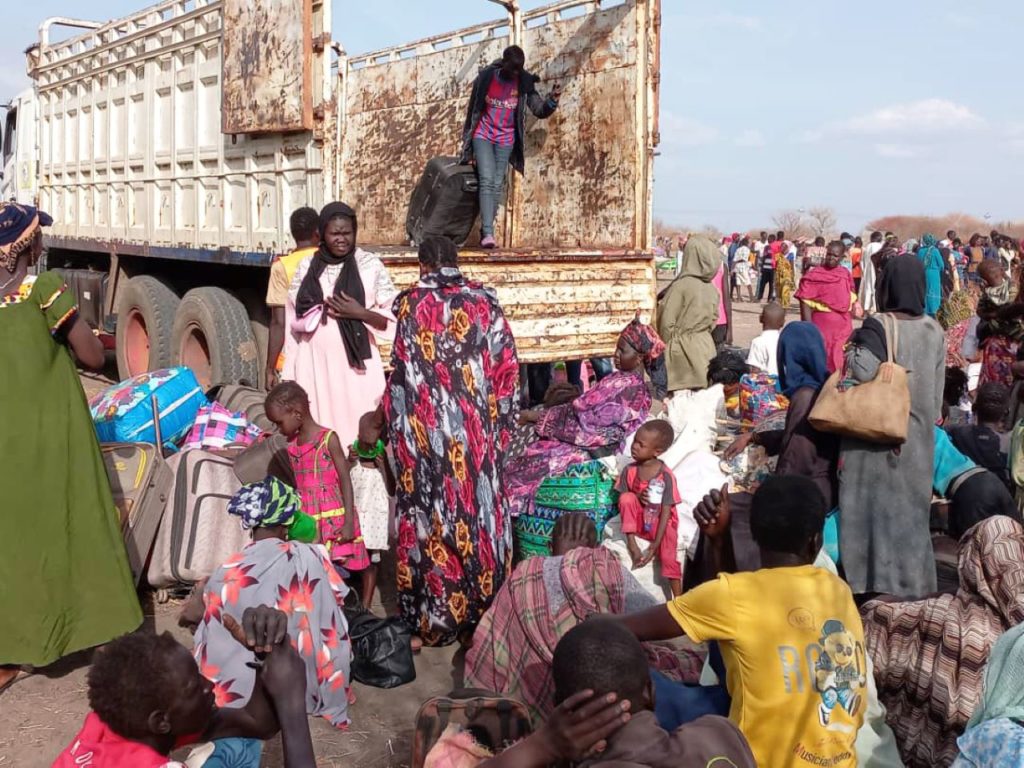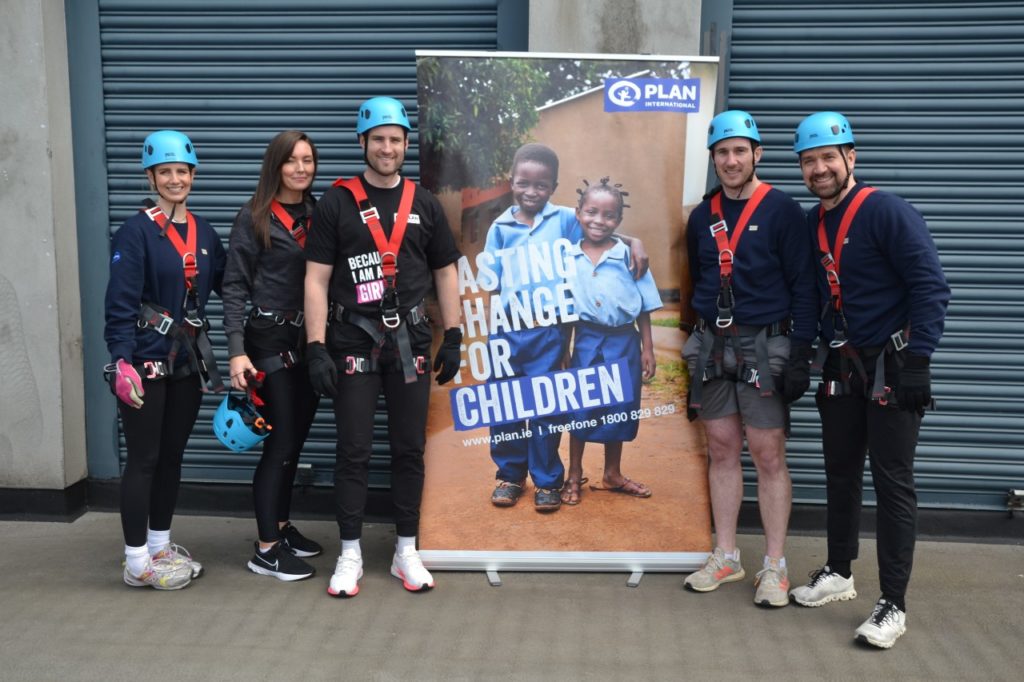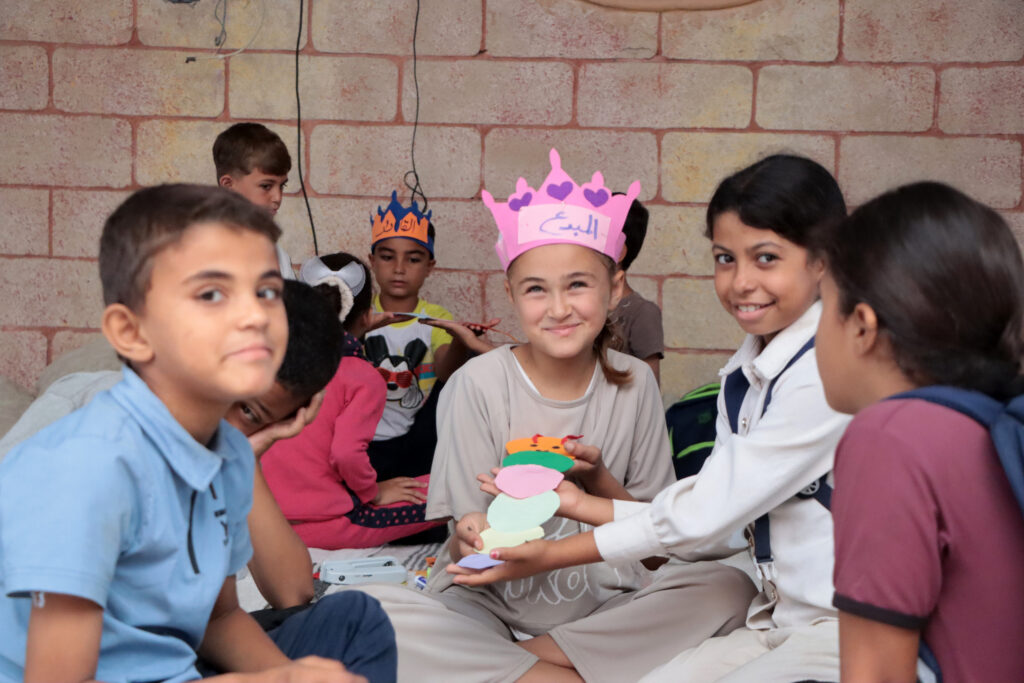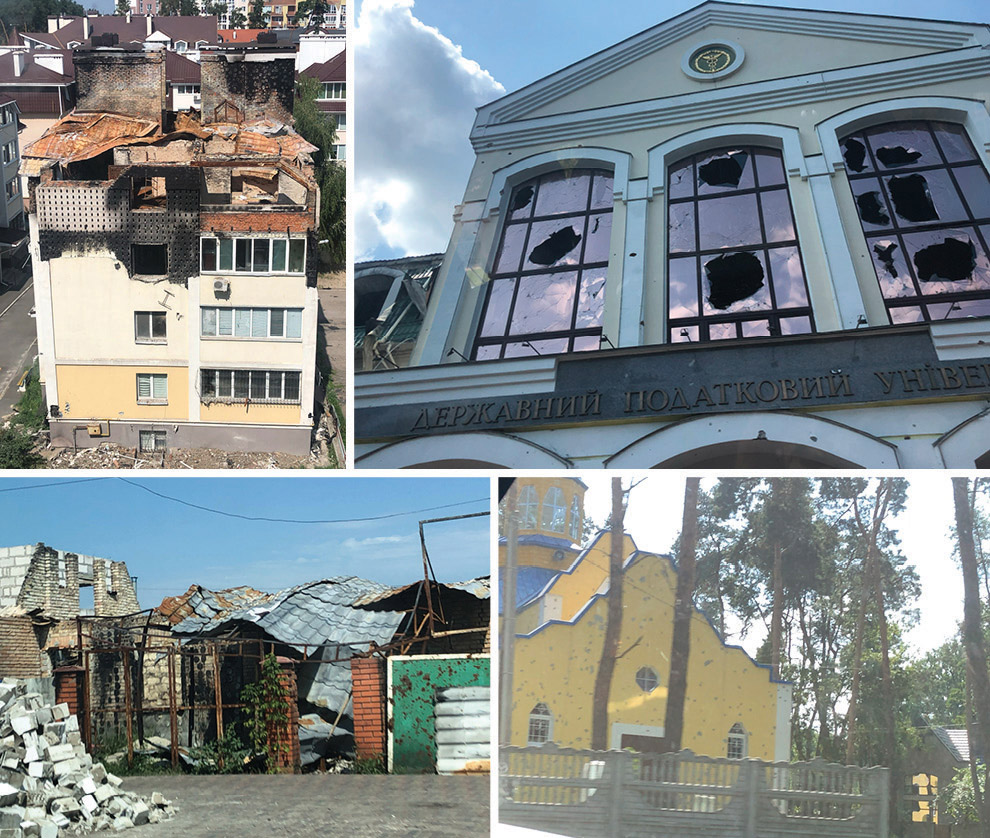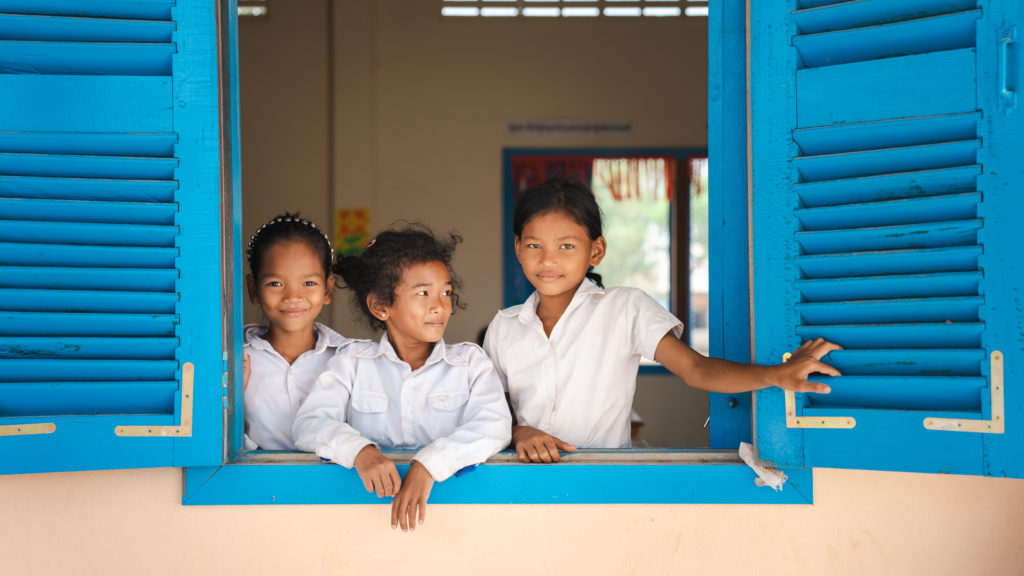The death toll from Cyclone Idai’s landfall has reportedly risen to 84 in Mozambique with the president expressing fears that it could rise to more than 1000 following his visit to some of the worst affected areas.
Heavy rainfall is projected to continue in Sofala and Manica provinces,that have already been hit hard by the trajectory of the Cyclone Idai weather system during and after the landfall, from 19-21 March.
The country is also on red alert with the risk of flooding in the Buzi and Pungoe river basins in the next 72 hours, which could lead to further destruction and potential loss of lives.
Plan International’s emergency response team is on the ground in Sofala and Inhambane provinces to carry out a rapid needs assessment as part of the coordinated response to the Tropical Cyclone Idai.
The team is currently addressing urgent requirements including shelter, water, sanitation and hygiene (WASH) – which will cover menstrual hygiene and water purification – child protection and Education. Plan International is also distributing non-food items including blankets, mosquito nets and water containers.
“Emergencies often cause already fragile water and sanitation systems to break down or become damaged. This puts people, especially the most vulnerable, such as the young, elderly or those with disabilities at risk,” says Anne C Hoff, Country Director for Plan International Mozambique.
There has been significant damage to houses in Beira City – which has an estimated population of more than half a million people. Health and education facilities have also been damaged.
Power lines and trees are down in many parts of the city so communication remains a challenge. It has been reported that areas outside of the city may have been severely impacted by the storm. At this time, they remain hard to reach as most of the roads have been washed away.
“We are ascertaining the needs of adolescent girls in our response. Our priority is to ensure their needs are met as much as possible, including providing protection and the distribution of dignity kits,” says Stuart Katwikirize, Plan International Regional Head of Disaster Risk Management.
In Zimbabwe, a total of 82 people have been confirmed dead since 15 March 2019. 200 more have been injured and 217 are still missing. At least 923 homes have been destroyed in Chimanimani, Chipinge, Mutasa, Mutare, Buhera, Chikomba, Gutu and Bikita districts
Chimanimani District mortuary is reportedly full.
Eight bridges have been destroyed in Chimanimani district rendering it inaccessible by road. 14 schools were also affected in Mutare district and more than 3,100 households (12,500 to 15,000 people) are estimated to be affected. Based on census data, 48% of those affected are estimated to be children and 52% are estimated to be women.
Accurate assessment still difficult due to inaccessibility of some parts of the affected areas
“Our immediate concern is for the women and children who are now cut off from assistance due to the damage affecting most roads making it impossible to travel. The heavy rains continue to pound the affected areas putting them at higher risk,” says Angela Muriithi, Country Director of Plan International Zimbabwe.
In Malawi, heavy, non-stop rain from 5-8 March 2019 severely affected most parts of the Southern Region of Malawi, following the formation of a tropical disturbance over the Mozambique Channel earlier in the week.
The Government of Malawi declared a State of Disaster on 8 March. At least 15 districts have been affected. 45 deaths and 577 injuries had been recorded so far with 147,958 households (approximately 739,790 people) affected and 15,185 households displaced. Most of the displaced families are living in camps managed by district authorities.
Due to the heavy rain, many houses have collapsed, and affected people are seeking shelter in schools (preventing students from accessing education), churches and other camps.
Due to overcrowding, there is lack of privacy for young women and girls, who are living in these shelters, which is affecting their health and general wellbeing. Agriculture fields and small livestock have been washed away. There is a critical need for food, fresh water, shelter, and sanitary facilities. There is also a heightened risk of waterborne diseases spreading through the shelters.
Plan International is closely monitoring weather patterns in Southern Malawi in case of any adverse effects caused by the landfall of the cyclone and we are in close liaison with the meteorological office.
“We will start responding in Mulanje district by providing lifesaving needs in the priority sectors of food, nutrition, water sanitation and hygiene (WASH) and shelter,” says Daniel Muchena, Country Director of Plan International Malawi. “Additionally, we will work in collaboration with other agencies in Machinga and Zomba to ensure that all children and especially girls are safe.”
Plan International is coordinating closely with the national governments, partners and other humanitarian organisations in all three countries to ensure we identify and address the needs of families affected by this tragedy.
As a child rights organisation with a strong focus on gender equality, our primary concern is the safety, security and needs of children, especially girls and young women – including expectant and breastfeeding mothers – and our team will work to ensure that the distinct needs of these survivors are taken into account and met.

